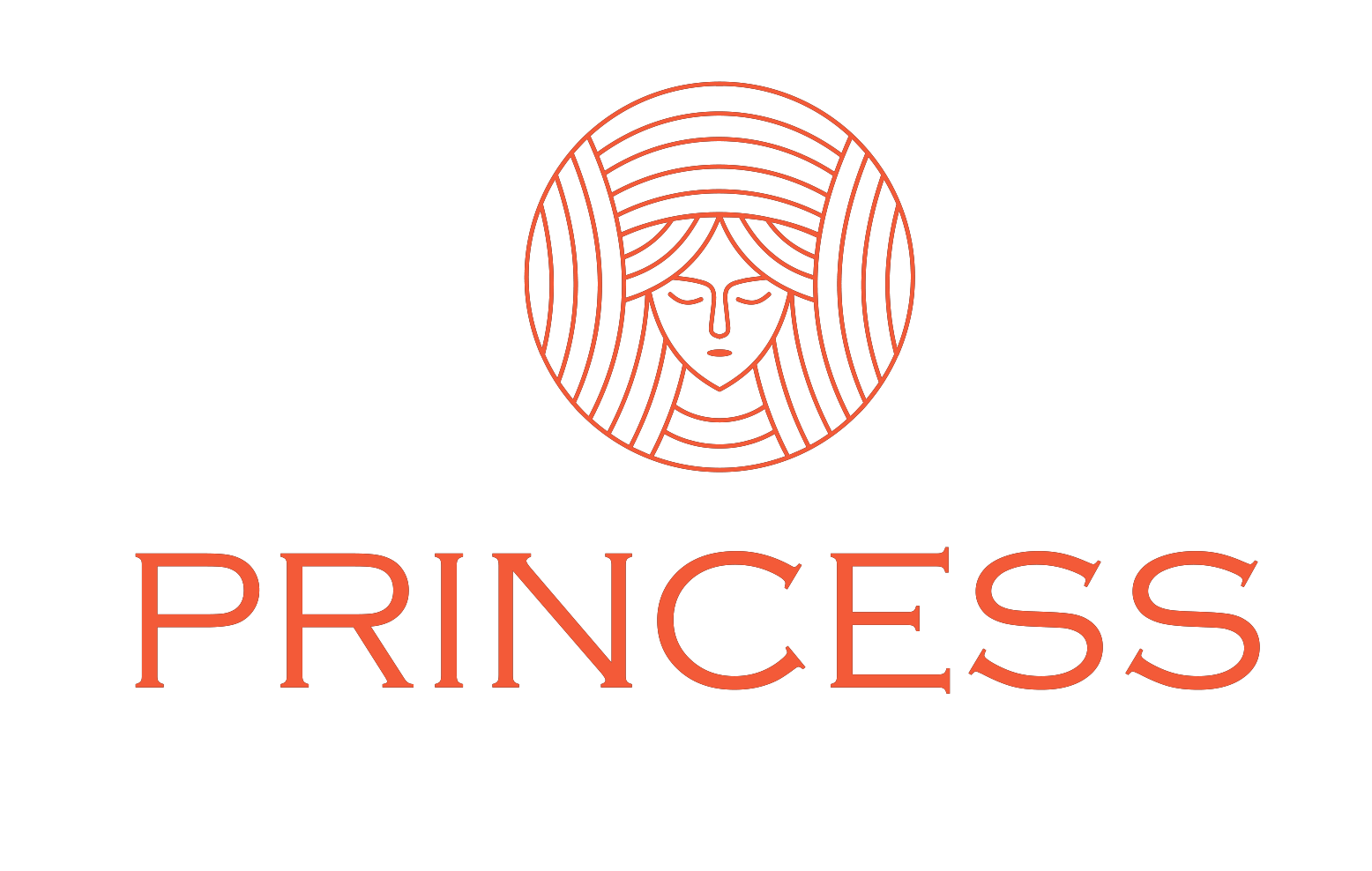Board Management is the process of governing the board of directors (or trustees) to ensure that all members are fully informed, involved and working together to benefit the organization. This includes implementing the best practices, such as clear communication and efficient board meeting management.
The function of a board is to establish the direction for your company, along with the general manager or CEO and then regularly interact with them to ensure your business is on track to achieve its goals. The best boards consist of a range of people who have different skills and backgrounds which can assist in making the right decisions for your business.
The ideal board would comprise of a chairperson who will conduct the meetings and be the representative of the board at events as well as a vice chairperson or vice chairs. This is a crucial role and it’s usually the most experienced members who are chosen to fill it. A good chairperson can ensure a positive experience board members by creating an environment of respectable dialogue where differing opinions are considered and respected.
The most effective boards achieve the highest levels of collaboration and teamwork. This is accomplished through transparent dialogue, openness and the use of digital tools that allow the board members to effectively engage even when they’re scattered across the world. For example an online portal for board members that permits real-time document sharing and collaboration permits directors to remain connected and actively participate in the decision-making process even when they have other obligations.


